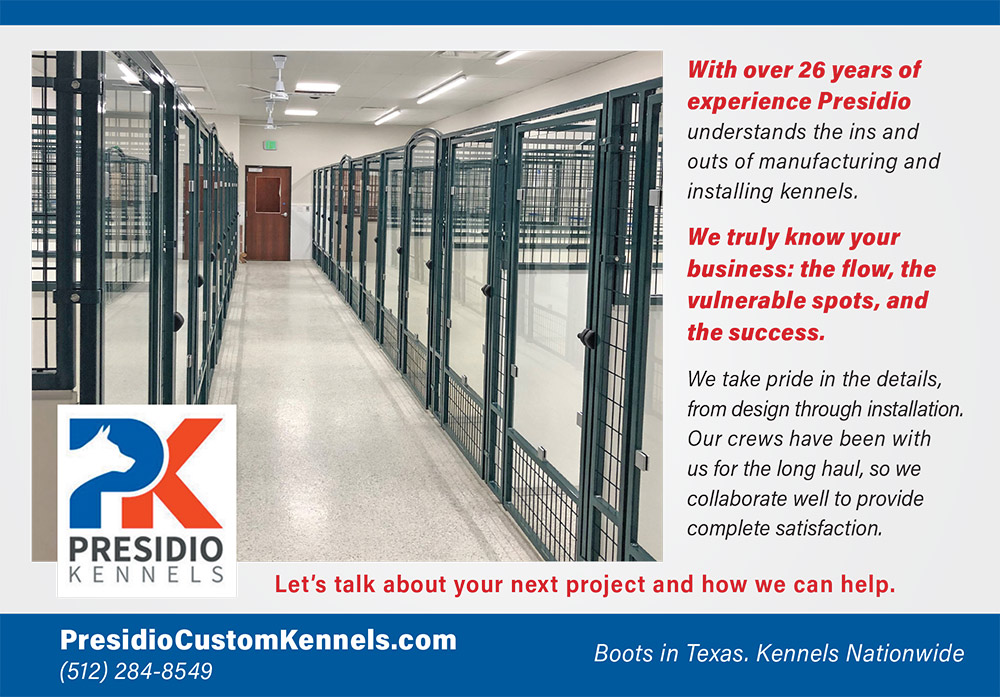Animal Behavior


 ime and time again, pet parents come to us with concerns about obedience and behavioral issues, believing that something is wrong with their dog. In most cases, the root of the problem isn’t the commands their dog does or doesn’t know—it’s the relationship the parent has with their furry companion.
ime and time again, pet parents come to us with concerns about obedience and behavioral issues, believing that something is wrong with their dog. In most cases, the root of the problem isn’t the commands their dog does or doesn’t know—it’s the relationship the parent has with their furry companion.
Understanding the Owner-Dog Relationship
When a dog doesn’t view their human as a trusted leader, obedience becomes optional in their eyes. So, the question is, how can we, as professionals in the pet industry, help bridge this gap and foster stronger relationships between dogs and their owners?

Strengthening Obedience Through Engagement
A simple yet powerful exercise is the “name game.” Each time a dog responds to their name and comes when called, we reward them with love and affection. Once a dog is consistently coming when called, we introduce a follow-up command: sit. Now, the routine becomes: come, sit, receive affection.
Keep in mind that we do this as a “working up” project. This process isn’t meant to be rigid; it’s a fun, interactive way to reinforce commands while the dog is in an active, playful state.

One of the most effective ways to improve a dog-owner relationship is through hand-feeding. This creates positive reinforcement, strengthens trust and ensures the dog looks to their human as a source of good things.

ReinForcing Bonds and Obedience at Home
One of the most effective ways to improve a dog-owner relationship is through hand-feeding. Instead of serving meals from a bowl, encourage owners to feed their dog directly from their hand. This creates positive reinforcement, strengthens trust and ensures the dog looks to their human as a source of good things. If an owner feeds a raw diet, they can get creative, making “pupcicles” or using a portion of kibble for training exercises.
Even a half-and-half approach is better than nothing at all. For example, encourage pet parents to keep half of their dog’s kibble in a treat pouch (or their bathrobe pocket) and feed it by hand while they are getting ready in the morning. When they are watching TV at night, they can throw bits of kibble to their dog or ask them to sit and feed them by hand. Soon, your clients will see that their dog’s trust in them as someone who always leads them to a good thing is reinforced.
Clients should also be encouraged to keep integrating obedience into everyday routines. Simple acts like giving a command before providing food or asking for a sit before going out the door for a walk reinforce leadership and build confidence in both the dog and the owner. And that benefits you and your team, too!

Consider It a Productive Partnership
Remember, at the heart of every well-trained dog is a relationship built on trust, consistency and engagement. As pet boarding and daycare professionals, our role isn’t just to teach commands; it’s to guide pet parents in creating meaningful, lasting connections with their four-legged companions. And when that bond is strong, obedience naturally follows!
Eve Molzhon is the creator and owner of Dog Handler Academy. Dog Handler Academy is a 100% online, automated employee training program designed specifically for dog daycares and boarding facilities. Our real-life daycare videos and online quizzes fast-track your new hires into understanding dog handling and care, saving you time and money. Courses cover basic and advanced dog handler skills, social cues and safety, client relations, and more. The mission of Dog Handler Academy is to provide employers training new hires with comprehensive material in a cost-efficient, consistent, and effective program. Our end goal is to create better handlers within our industry to ensure the proper care of animals.

